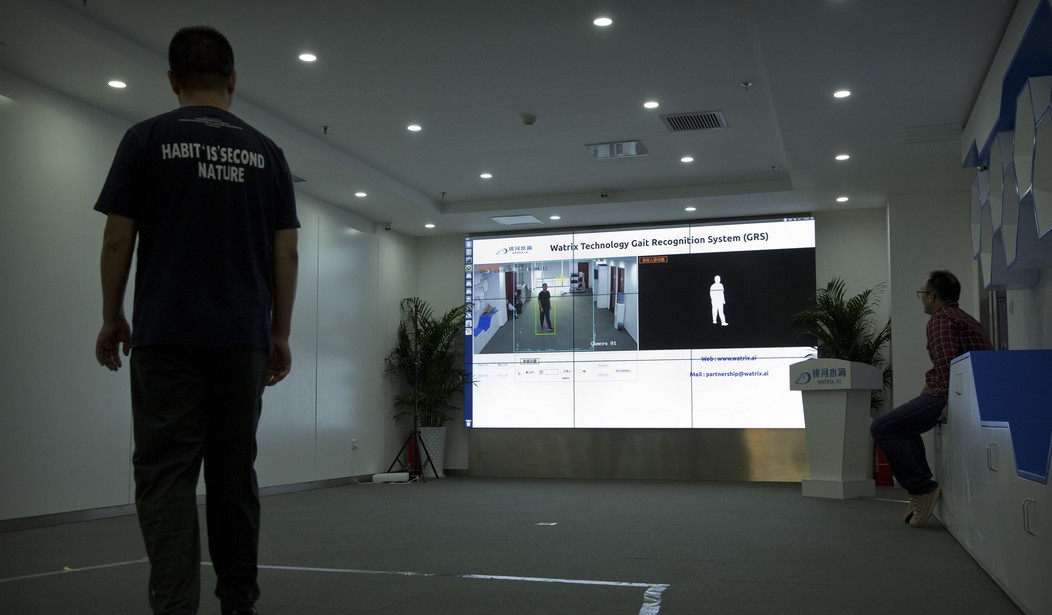I was well into my thirties when I first read Isaac Asimov’s I, Robot. I remember being moved and excited by the prospect of artificial intelligence then. Today, I am far more apprehensive — largely because the unimaginable now seems almost real.
Creating the means of our own destruction isn’t a new idea. We’ve had the ability to destroy the human race several times over for 60 years. What’s different this time is that we have the foreknowledge to sit down together and discuss the incredible implications of AI before we reach the point of no return.
AI is the most profound challenge the human race will ever face. And the question now isn’t whether we should go ahead with implementing it. We’re already going ahead with “something” as Tyler Cohen points out, and the question is how we manage it becomes of paramount importance to the U.S.
With AI, do we get positives? Absolutely; there can be immense benefits from making intelligence more freely available. It also can help us deal with other existential risks. Importantly, AI offers the potential promise of extending American hegemony just a bit more, a factor of critical importance, as Americans are right now the AI leaders. And should we wait, and get a “more Chinese” version of the alignment problem? I just don’t see the case for that, and no, I really don’t think any international cooperation options are on the table. We can’t even resurrect the WTO or make the UN work or stop the Ukraine war.
Cohen believes that we can’t possibly understand the impact of AI because the likes of it have never been seen before. “No matter how positive or negative the overall calculus of cost and benefit, AI is very likely to overturn most of our applecarts, most of all for the so-called chattering classes.”
Similar “applecart overturning” occurred with the invention of fire and the printing press. No one knew what the effects of printing press technology would have on the human race. In the end, it not only allowed the Bible to become a bestseller, which became the catalyst for political, social, and religious upheaval in Europe, but it also allowed the writings of Hitler, Stalin, and Mao to infect the world, leading to a hundred million deaths.
But the revolutionary change represented by AI is different. There’s still time to come to grips with some of the more obvious ramifications and attempt to guide the technology down appropriate paths.
This would require careful thought and consideration by people who know the technology, can glimpse some of the future, and understand at least some of the downsides — massive job loss, for one — and the impact both good and bad on society as a whole.
In other words, exactly what Joe Biden and his administration aren’t doing.
President Biden, racing to upgrade the government’s artificial intelligence expertise and role, is calling the leading architects of generative AI to Washington today to discuss guardrails for the powerful technology.
Driving the news: Biden will push Google, Microsoft and others building generative AI to be sure their products are safe before unleashing them on the public.
Officials have even discussed involving the companies in self-policing the technology, although that’s not on today’s agenda.
Why it matters: Business leaders and tech experts say legislation is urgently needed as AI barrels ahead.
The U.S. has almost no AI-specific regulations on the books. The European Union is plowing ahead with a wide-ranging AI act.
Behind the scenes: Biden himself has experimented with ChatGPT and was fascinated by the tool, Axios has learned.
Our commander-in-chief likes his ChatGPT — a nice new toy he can play with. ChatGPT will have as much to do with the future of AI as the printing press has to do with a 3-D printer.
And what about this notion that the administration is “racing” to formulate policy? If any situation ever called for thoughtful discussions and the slow, methodical addressing of all the risks/rewards present in a complex problem, this is it.
Last year, the administration proposed an AI Bill of Rights to build protections into AI systems from the start.
These officials, all of whom will attend today’s summit, have helped speed up the government’s efforts to monitor threats of the new tech including rising concern about AI in cybersecurity, biosecurity — and are pushing allies and partners to be sure AI technology benefits the public.
Reality check: The big companies have various internal policies about “Responsible AI.” But the latest wave of AI is tough to manage — even its creators can’t say exactly why it spits out what it does.
Unfortunately, American companies aren’t the only ones trying to develop this technology. And whatever damage this group can envision will eventually come to pass in the hands of some other country that is much less concerned about AI’s potential for harm.
I’d feel a lot better if a larger group of experts were involved — scientists, religious leaders, philosophers, and even artists — all would have valuable insights into the pros and cons of AI. It would also appear less panicked and politically motivated.
The whole world could benefit if we all just stepped back and took a deep breath and began to think about AI not as a sci-fi writer might, but as humans occupying the same space on this globe. That won’t guarantee our safety. But it will give us a fighting chance at resisting our worst impulses.










